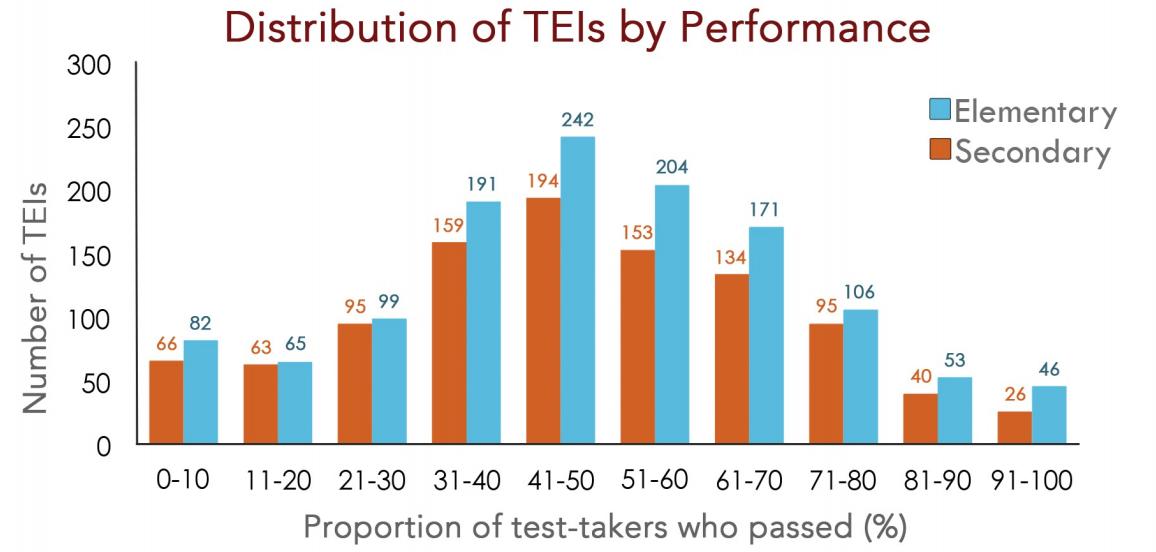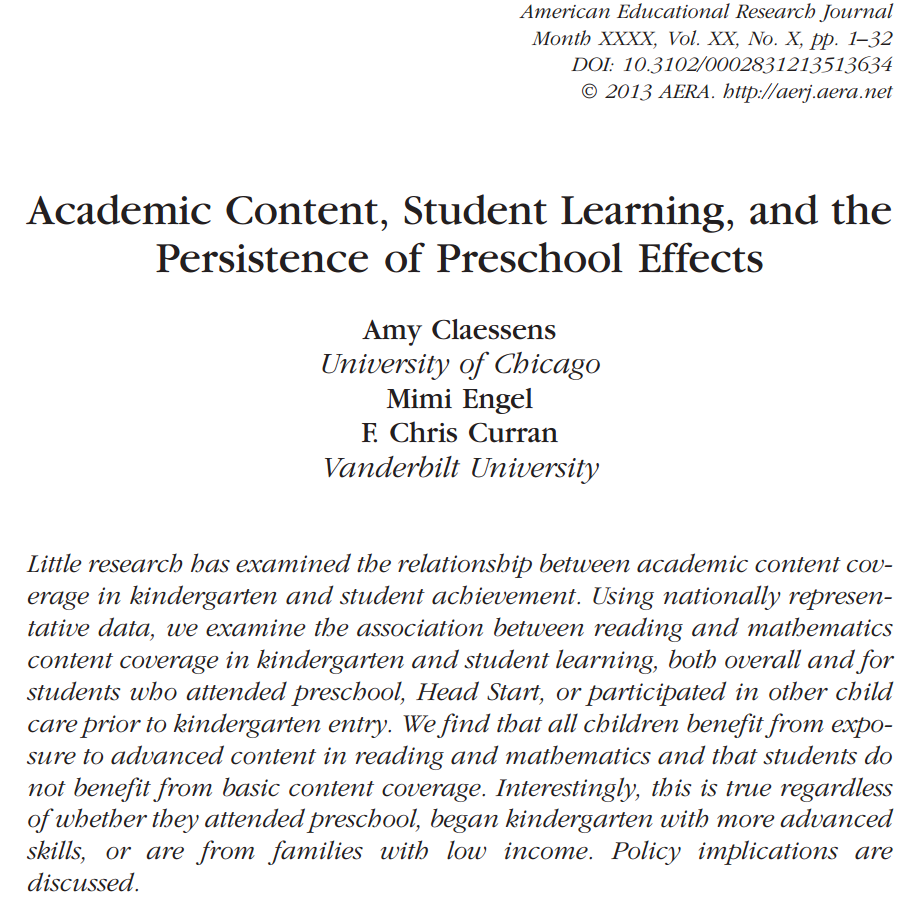When We Miss the Point

It is Lent and every Sunday is packed with very profound readings. Today's gospel reading is about a blind man whose eyes were opened. The story unfortunately turns into something absurd. Not a single soul was happy for the fact that someone had gained sight after living a life in darkness. Instead, everyone was focused on who was right and who was wrong. Missing the point often happens when deference to the correct authority is ignored. Frequently, doubts have already been planted in someone's mind so the one's task is simply to discredit. With this agenda, we really cannot see even if we look. This also happens in education when we do not respect the teachers, the individuals with whom we have entrusted our children. It is necessary that we see teachers as the educators of our children. Otherwise, we will become completely blind. There was a parent's rant against the Common Core that went viral on Facebook this week: The above homework was asking the student ...










